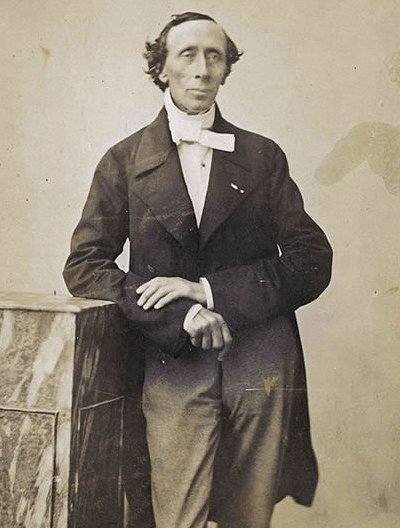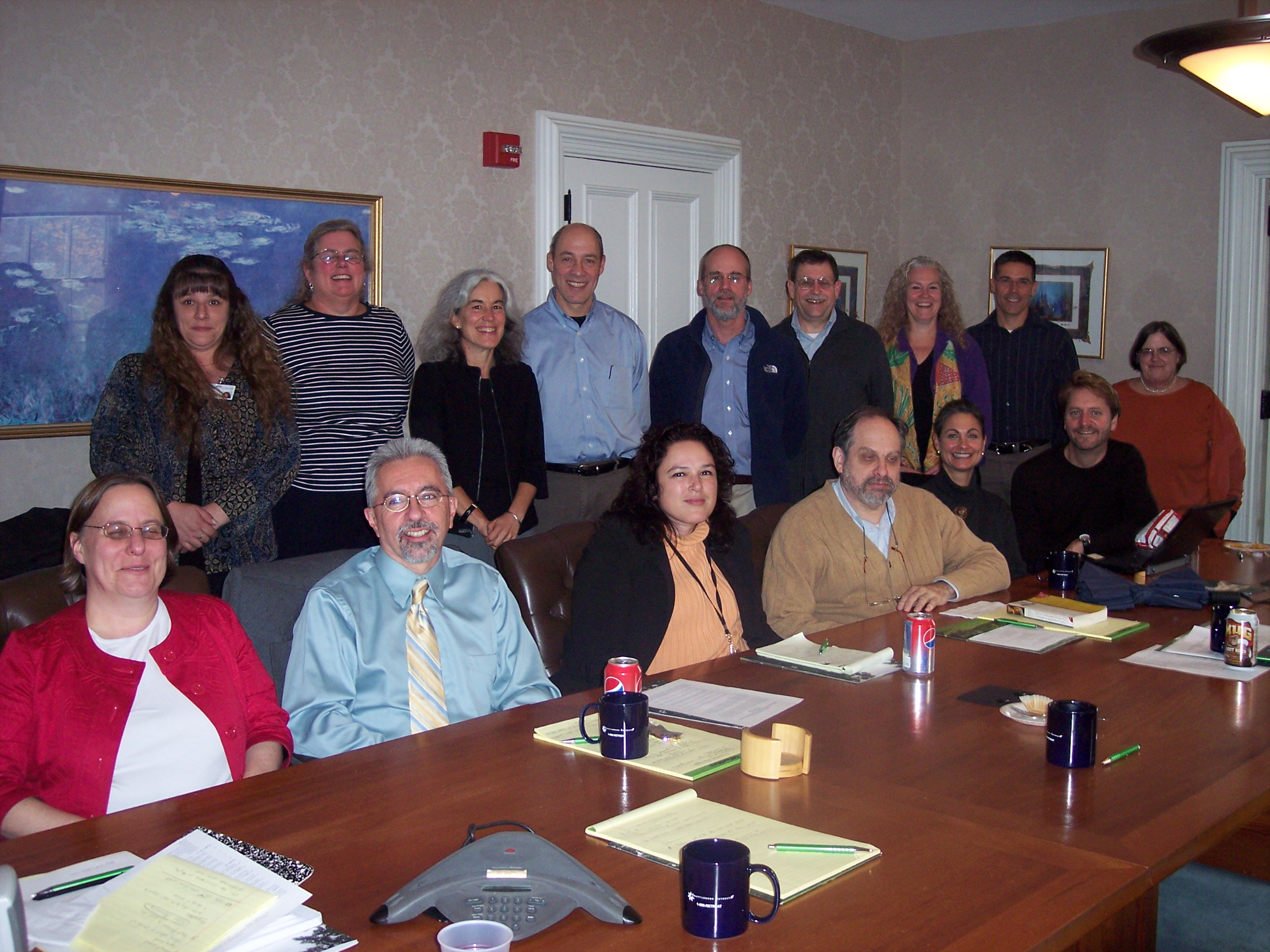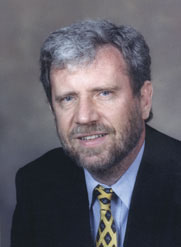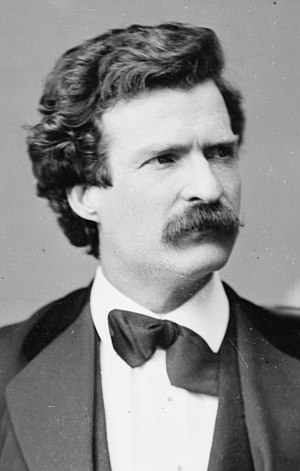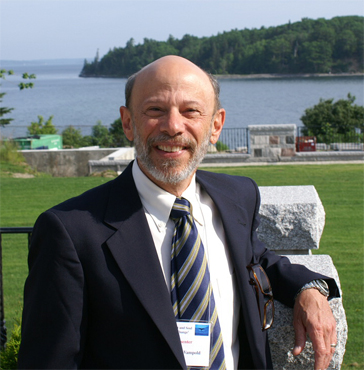I’m still reeling from the experience in Anaheim this last week. I met so many leaders in the field, heard so many presentations on cutting edge clinical practice–as well as was reminded of some “classic” principles of effective psychotherapy.
One of the people I met was colleague and friend, Michael F. Hoyt, Ph.D. Michael and I go back 15+ years, having met–I believe–the first time at a workshop I was giving in Northern California (somewhere in the Bay Area where Michael works and resides). Since that time, we chatted regularly, and written editorials and book chapters together. His books (The First Session in Brief Therapy, Brief Therapy & Managed Care, The Handbook of Constructive Therapies, Some Stories are Better than Others) always balance theory and practice and are among my favorites.
.jpg)
My two favorite books are also his most recent: The Present is a Gift and Brief Psychotherapies: Principles & Practice (Hint: his chapters on couples therapy are among the best I’ve ever read). Anyway, the two of us caught up at the ICCE booth this last week at the Evolution conference.

.jpg)
